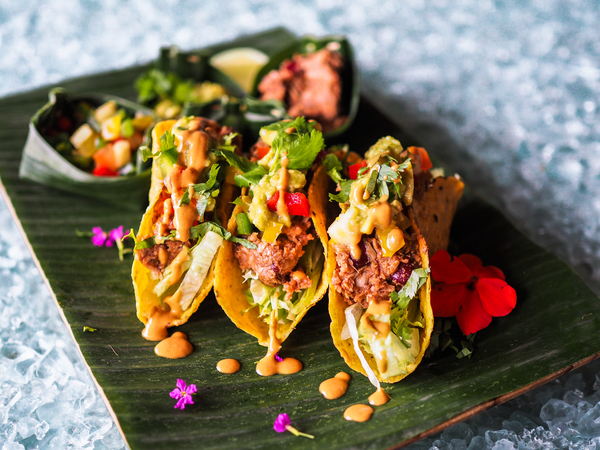Veganuary 2020: Are the new vegan goodies too good to be true?

The UK food industry must work together to ensure the latest plant-based and vegan products are authentic, according to food safety certification experts, Lloyd’s Register.
From fishless goujons to non-egg spaghetti, January has seen a rise in new vegan-friendly products. However, as these products become more accessible, the scepticism in some consumers appears to have risen.
This year, more than 350,000 people have signed up for Veganuary, a 40% increase on last year, and in response numerous brands have revealed their new meat- and dairy-free product offering. But after some brands have revealed that their products aren’t completely vegan or vegetarian (due to ingredients being manufactured on the same production line as meat products or cooked using the same equipment for example), questions may rise on the legitimacy of the claims from household brands.
Vegan diets are on the rise, with 600,000 vegans in the UK, according to the Vegan Society (source: Vegan Society). However, as many as one in five UK consumers described themselves as ‘not confident at all’ or ‘very suspicious’ that the vegan products they consume do not contain meat or dairy, according to a recent report from Lloyd’s Register.
Stuart Kelly, head of commercial, customised assurance at Lloyds Register, commented: “In an industry built on trust, vegan manufacturers, retailers and restaurants must work together to bolster consumers’ confidence in the food that they eat. For example, our research has shown that only 19% of UK consumers are ‘very confident’ that the vegan food products available in supermarkets do not contain meat.
“There is evidence that adding vegan options to your product offering is working well for companies. As we saw in 2019, the success of Greggs’ vegan sausage roll has meant the business has launched a new range of vegan products and shared its financial success in the form of employee bonuses. But with the rise of meat or dairy substitutes, the industry faces the challenge of removing any consumer doubt that products are indeed suitable for a vegan diet.”
He concludes: “The system of controls, inspections and audits that our food must go through before it reaches the consumer is such that this paranoia is misplaced – if a product says something, then in all likelihood, it probably is. However, it is the responsibility of those working in the food supply chain to cooperate and instil this level of trust in today’s consumer.”
A copy of the UK Food Safety Report can be downloaded at https://www.lr.org/en-gb/resources/2019-uk-food-survey/ and to find out more about Lloyd’s Register, please visit https://www.lr.org/en-gb/food-beverage-hospitality/
